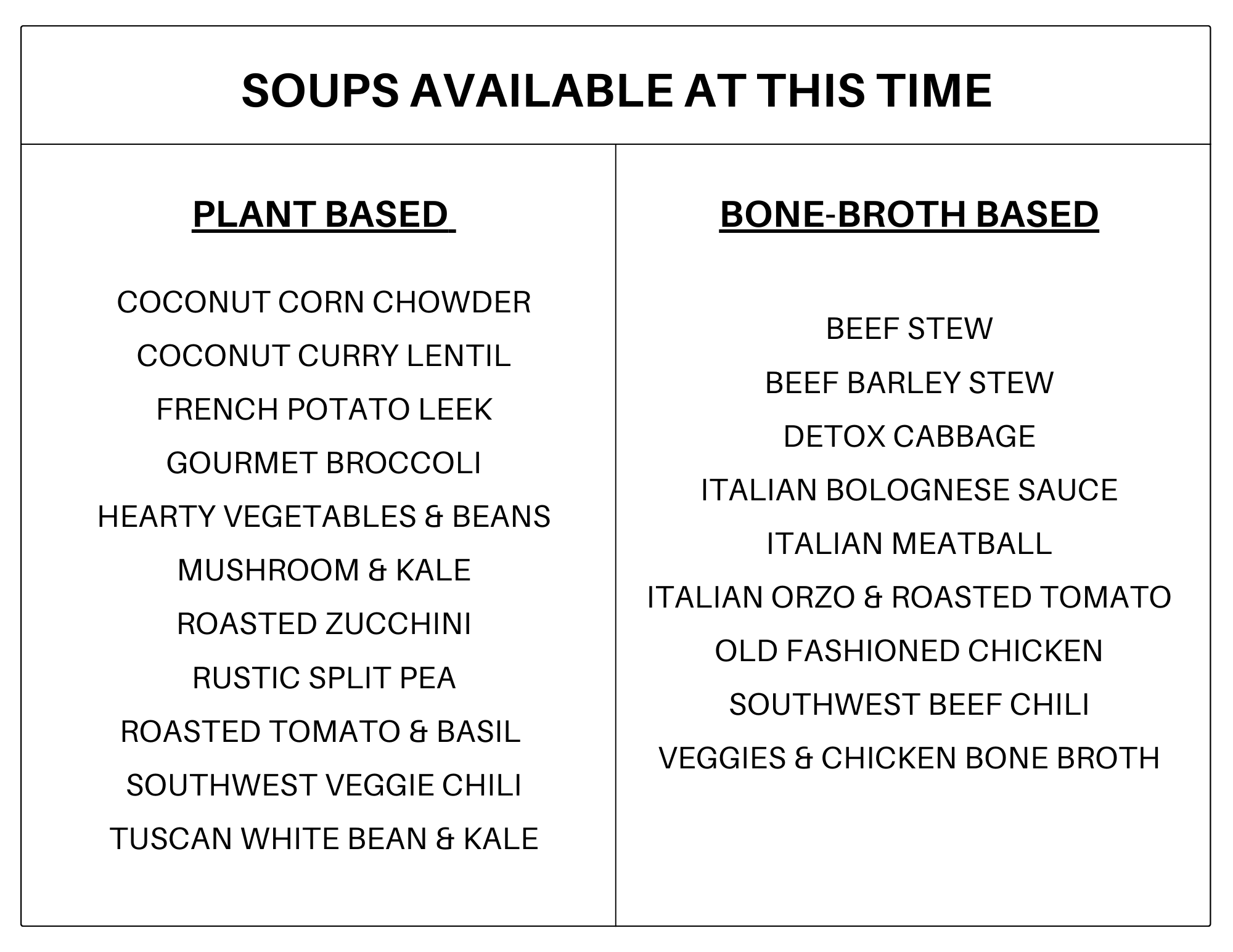The Mediterranean Diet for Longevity Among Cancer Survivors

Contributed by Jennifer Soh, Stanford University School of Medicine –
At Organic Soup Kitchen, we aim to provide quality nutrition through our Mediterranean SoupMeals – plant-based meals that prioritize locally sourced ingredients and are crafted to deliver the benefits of a Mediterranean Diet.
The Mediterranean Diet is a dietary pattern that is focused on plant-based foods that are minimally processed.1 It encourages the consumption of fruits, vegetables, whole grains, legumes, nuts and seeds, and heart-healthy fats, such as olive oil. In general, this diet aims to reduce the intake of processed foods, red meat, added sugars, and alcohol.
The Mediterranean Diet has been extensively studied and recognized as one of the healthiest diets worldwide. It promotes an increased consumption of foods that are naturally packed with antioxidants, anti-inflammatory nutrients, and fiber.2 This is important for maintaining one’s overall health, given that antioxidants and anti-inflammatory nutrients can help to prevent DNA damage and its subsequent spread, while fiber can protect against insulin resistance and excessive cholesterol absorption.3
Adhering to a Mediterranean Diet has been shown to prevent obesity in individuals, as well as related chronic diseases.1 These diseases include, but are not limited to, type 2 diabetes, hypertension (high blood pressure), neurodegenerative diseases, and certain cancers.2 Specifically, the regular intake of fruits and vegetables, including their associated nutrients (e.g. vitamin B-12, selenium, folic acid), in the Mediterranean Diet has been shown to reduce one’s risk for breast, colorectal, or prostate cancer.
According to one study, “High adherence to a traditional Mediterranean diet was independently associated with a substantial reduction in all-cause mortality rates among cancer survivors, specifically in cardiovascular mortality. The latter observation is relevant because patients with cancer are considered a high cardiovascular disease risk population because of shared modifiable risk factors and, potentially, molecular mechanisms of disease, as postulated by the “common soil” hypothesis. The Mediterranean Diet is abundant in foods that are natural sources of polyphenols, which are bioactive compounds with well-established anti-inflammatory, antioxidant, and antitumor activities that may be relevant not only to cancer onset and progression but also and possibly even more to cardiovascular mortality prevention.”5
It is also important to note that the food an individual consumes is only one part of the Mediterranean Diet – lifestyle habits are also an essential component of this diet and healthy way of living. To maximize the benefits of a Mediterranean Diet, one should additionally prioritize regular physical activity, adequate rest, and social interaction.4
References:
- Dominguez LJ, Veronese N, Di Bella G, et al. Mediterranean diet in the management and prevention of obesity. Experimental Gerontology. 2023;174:112121. doi:10.1016/j.exger.2023.112121
- Martini D. Health Benefits of Mediterranean Diet. Nutrients. 2019;11(8):1802. doi:10.3390/nu11081802
- Mentella MC, Scaldaferri F, Ricci C, Gasbarrini A, Miggiano GAD. Cancer and Mediterranean Diet: A Review. Nutrients. 2019;11(9):2059. doi:10.3390/nu11092059
- Brownstein M. Adopting Mediterranean lifestyle lowers risk of cancer mortality by 28%. Harvard Gazette. Published August 16, 2023. Accessed July 8, 2024. https://news.harvard.edu/gazette/story/2023/08/adopting-mediterranean-lifestyle-lowers-risk-of-cancer-mortality-by-28/
- 5. Mediterranean Diet Is Associated With Lower All-Cause and Cardiovascular Mortality Among Long-Term Cancer Survivors https://www.sciencedirect.com/science/article/pii/S2666087324002084


